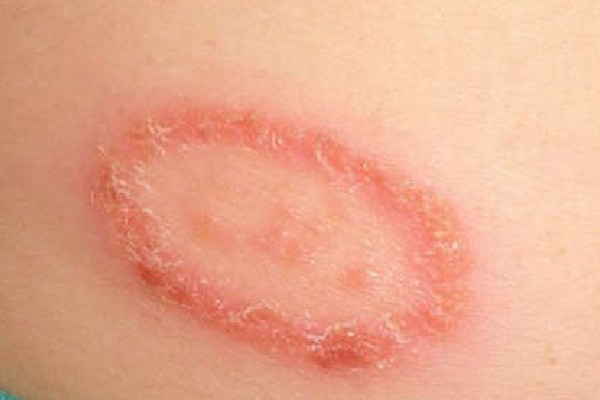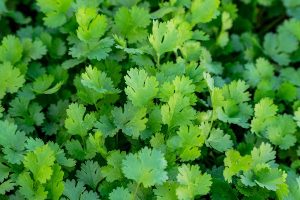Natural Remedies for Ringworm: Effective Solutions to Relieve Symptoms
3 min readIf you’re dealing with a ringworm infection, there are a few home remedies that might help clear it up. Options like essential oils, aloe vera, and antifungal medications can provide relief. However, it’s crucial to exercise caution as ringworm is highly contagious.
Contrary to its name, ringworm is not caused by worms or living parasites. It’s actually a skin condition caused by a type of fungus called tinea. This fungus thrives on dead skin tissues, including nails and hair.
Ringworm typically presents as a red, scaly, and itchy patch on the skin. Over time, it forms a circular or ring-shaped pattern, giving it its name.
While ringworm commonly affects the arms and scalp, it can appear anywhere on the skin, including the face. Different names are used to describe ringworm in specific areas. For example, when it occurs in the groin area, it’s referred to as jock itch, and between the toes, it’s known as athlete’s foot.

-
Soap and water:
When dealing with ringworm, it is important to maintain cleanliness in the affected area. This helps prevent the rash from spreading and keeps the affected area properly managed.
Cleanse the affected area daily using water and antibacterial soap before applying any other home remedies. After showering, make sure to thoroughly dry the area, as moisture can facilitate the spread of the fungus.
Although pine and coal-tar soap are traditional home remedies that can be considered, they may cause skin irritation, especially for those with sensitive skin.
-
Apple cider vinegar:
Apple cider vinegar is known for its strong antifungal properties, which make it a potential treatment for ringworm when applied topically to the affected area. To use it, soak a cotton ball in undiluted apple cider vinegar and gently apply it to the skin. Repeat this process three times a day.
-
Tea tree oil:
Tea tree oil has been traditionally used by native Australians as an antifungal and antibacterial agent, and it continues to be used today for the same purposes. It can be highly effective in treating fungal skin infections.
Apply tea tree oil directly to the affected area two or three times a day using a cotton ball or swab. If you have sensitive skin, diluting the tea tree oil in a carrier oil like coconut oil, which also has its own antifungal benefits, can be helpful.
-
Coconut oil:
Coconut oil possesses both antimicrobial and antifungal properties that can aid in the treatment of ringworm infections. It is an effective topical home remedy for ringworm and other fungal infections, such as candida. Coconut oil can be particularly beneficial for treating scalp ringworm due to its ease of application on the scalp and its effectiveness as a hair conditioner.
To use coconut oil, warm it until it becomes liquid, either by microwaving or rubbing it between your hands, and apply it directly to the affected area. The oil will quickly absorb into the skin. Apply it at least three times a day.
-
Turmeric:
Turmeric offers numerous health benefits, including antibacterial and anti-inflammatory properties. It also exhibits antifungal properties that inhibit the growth of fungi.
Create a paste by mixing fresh-ground turmeric or turmeric spice with a small amount of water. Apply the paste to your skin and allow it to dry. You can also incorporate turmeric into your daily routine by consuming turmeric water or turmeric tea to reap its internal benefits.





